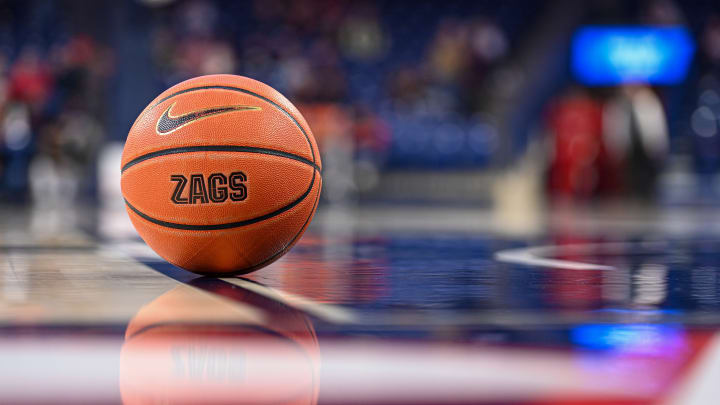NCAA considering 5th year of eligibility for all sports

The NCAA is considering significant changes to college athletics’ amateurism rules, among which include eliminating the national letter of intent and allowing a fifth year of eligibility in all sports.
According to Yahoo Sports’ Ross Dellenger, the governing body and its member schools plan to seriously think about granting student-athletes the ability to play a certain percentage of games in a fifth season without burning a redshirt year. Currently, the only NCAA-sponsored sports that have such a redshirt model are football and wrestling. For instance in football, a player can play up to four regular season games and still be considered a “redshirt” player.
If the policy is changed for all sports, sport-specific committees would have to determine how many contests a player in each sport can participate in before a year of eligibility is exhausted, per Dellenger. NCAA documents obtained by Yahoo Sports offered an example of 30%, similar to football.
When looking at college basketball, NCAA rules state a team can play up to 31 regular season games consisting of nonleague games, multi-team events and conference dates. If a team filled its schedule to the limit and had a redshirt player on the roster, that player could play nine games while maintaining the redshirt status.
Another potential change that’s being considered is doing away with the national letter of intent in favor of a new signing model, which could come as soon as October 2025 according to Dellenger. The “core benefits” of the NLI and the recruiting rules tied with it would be incorporated into the school’s financial aid and scholarship agreements. Transfers moving from a four-year university to another must enter the transfer portal and sign the written offer of athletics aid during the sport’s specific transfer window.
The potential changes are part of a year-long comprehensive review of the athlete-eligibility rules to reflect the terms of the House v. NCAA settlement, which will introduce revenue sharing with student-athletes next year.
Other rules regarding pre-college enrollment that are set to be under review include (1) allowing athletes to retain eligibility if they received payments exceeding their expenses (meals, lodging, travel, etc.), (2) permitting athletes who engage in professional opportunities prior to enrollment Division-I eligibility and (3) allowing athletes to utilize the services of agents when pursuing professional opportunities.
With exception to the COVID-19 rule, NCAA eligibility rules allow student-athletes five years to compete athletically in four seasons. This allows a student-athlete to take a redshirt year while maintaining a year of eligibility.
The pandemic granted all student-athletes who competed in 2020-21 another year of participation. The 2024-25 season will mark the last wave of players who opted to use that extra year. Some of the notable college basketball players who benefitted from the COVID year include 2023-24 All-Americans Mark Sears (Alabama), Hunter Dickinson (Kansas) and RJ Davis (North Carolina).
Gonzaga’s Drew Timme had the option to exercise a fifth year of eligibility, though the Bulldogs’ all-time leading scorer decided to go the NBA route following his fourth year of college. Ben Gregg is technically entering his fifth year after he graduated high school early to join the program during the 2020-21 campaign. He’s listed as a senior on the team’s official 2024-25 roster.
Last month, an anonymous poll from CBS Sports asked over 100 Division-I basketball head coaches if players should be granted a fifth year of eligibility if they stay at one school for four years. The majority (53%) of the respondents said players should get a fifth year.
